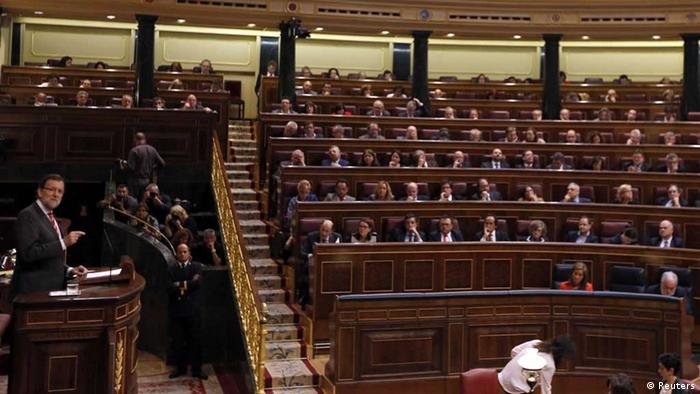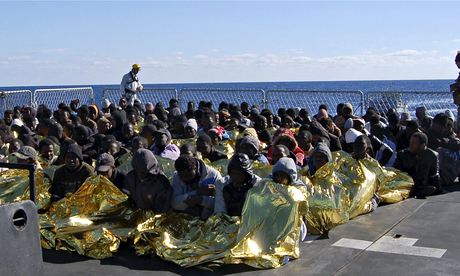By Ben Kopp
Impunity Watch Reporter, Europe Desk
MADRID, Spain – Amidst calls for separatist action, Madrid turned down a request for Catalonia to hold a referendum.

On 08 April 2014, Madrid refused permission for Catalonia to hold a Scottish-style independence referendum. The landslide vote settled at 299 to 47. Nevertheless, the President of Catalonia vowed to push ahead with plans to hold the referendum for the region just hours after Spain’s parliament overwhelmingly rejected the petition.
Earlier in the day Prime Minister Mariano Rajoy had closed the door on the referendum insisting that it was not allowed under Spain’s constitution, following last month’s ruling by Spain’s Constitutional Court that a region like Catalonia could not “unilaterally” call a referendum on its sovereignty. He also warned that Catalonia’s independence would be economically disastrous for both the region and Spain.
“Together we all win and separate we all lose,” Rajoy told parliament. “This isn’t just a question of law, but of sentiment … I can’t imagine Spain without Catalonia, or Catalonia out of Europe.”
Rajoy warned that Catalonia’s isolation from Spain and the European Union would turn it into “the closest thing imaginable to the island of Robinson Crusoe.”
In response to Rajoy’s comment, Alfred Bosch, spokesman of the Catalan left-wing separatist party ERC said: “We are not Robinson Crusoe. Right now we are Friday, the servant, who can’t even choose his own name.”
“They are afraid of the vote of the Catalan people,” Artur Mas, President of the northeastern region said. “Some would like to present this as an end to the matter. But as the President of Catalonia, I have to tell them this is not the end. It is simply a new paragraph. Catalan Institutions will search through the legal frameworks to find away to continue with this consultation.”
Since the beginning of the economic crisis, separatist sentiment has soared, with growing resentment over “unfair” redistribution taxes from the wealthy region across the rest of Spain. Many believe that Catalonia’s distinct language and culture would fare better on its own. Mas has planned a referendum for 09 November 2014.
Of the region’s 7.5 million people, the latest polls have shown that about 80% in the region want the right to hold a referendum on independence and roughly half of Catalans voters would vote ‘yes’ to breakaway state.
During the debate Mr Rajoy also rejected comparisons with Scotland which will hold its own referendum on independence in September.
“Don’t talk to me about Scotland,” the Spanish premier said. “Because it responds to a very different constitutional and historic situation. If they had half the devolved powers (of Catalonia) they wouldn’t have taken the trouble they have.”
For further information, please see:
Euronews – Spain Rejects Catalonia Bid for Independence Referendum – April 09, 2014
Reuters – Catalan Leader Says Parliament Rejection Won’t Halt Referendum – April 09, 2014
Telegraph – Catalonia Vows to Continue Independence Fight after Referendum Snub – April 09, 2014
Deutsche Welle – Spanish Parliament Rejects Catalonia Independence Referendum – April 08, 2014



